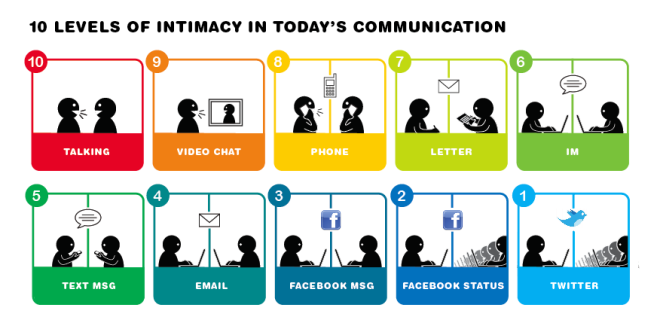No matter how clearly we think we are expressing ourselves, someone is going to misunderstand it. It's THE problem with electronic communication. Actually, it's a problem with any communication which isn't face-to-face. People probably used to misunderstood each other's handwritten letters.
The difference between the old, snail mail method and the modern snappier email method is the speed of response time. When you wrote it out in longhand (remember longhand??), you had time to notice if you were being hasty in your response. There was time to rethink, rewrite, moderate your response.
:-D I believe the :-) was invented entirely to convey that what you are writing isn't meant negatively :-(
I use emoticons liberally, though they are considered bad English (they aren't English at all) and childish. Children are good at conveying feelings, so I'm not averse to being childish if it improves communications a little.
I tend to be brusque, both in person and in writing. Short. I try to be witty, but it doesn't always come across as wit. Sometimes, it just sound mean. My attempts to be "cute" can easily backfire and be misread as snide, snippy, and dismissive.
So, if you think I am being an asshole, you should know:
1) If I'm being snide, snippy, or dismissive, it'll be obvious. You won't have to guess. No wondering what I mean. I'm not that subtle. Really.
2) My wrists hurt. My typing is getting worse. Of the emerging issues caused by pain in wrists, the most malignant are missing words. Not misspelled or otherwise mangled. Words that aren't there at all. Particularly unfortunate when the missing word is "not" -- exactly reversing the meaning of a thought yet appearing grammatical.
SOLUTIONS?
Lacking fonts that clearly express sarcasm or irony -- both of which are better expressed by tone of voice, body language, and facial expression -- maybe we (me) should consider alternate forms. This is difficult since I have always tended to be sarcastic. (I used to be worse, but I'm in recovery.)
That kind of wit (?) doesn't translate well in text. Not yet, anyhow and until it does, I'm considering humor less likely to be misread.
The second solution isn't a solution, but might help. Before you decide you've been insulted, dismissed, treated with scorn, etc., check with the comment's originator. Make sure what you know is what was meant. That it wasn't a complex typo, or a failed joke.
PARANOIA
It's easy to read everything as a form of criticism. I've seen people slide into this by degrees until they successfully misinterpret everything. You need some toughness to live in the virtual world. You also need patience, in the sense of not jumping to conclusions. Finally, you have to remember you are not the center of everyone's world.
One of my many problems with the whiners, complainers, oh woe is me-ers is they have sunk so deep into their own "issues," they forget other people have lives. People can be brusque -- dismissive -- and it hasn't got anything to do with you. They are responding to something going on in their world to which you are not privy.
Usually, you will never know what is or was going on unless they choose to tell you. Because many of us like to keep our private things private. I deal with intimate issues intimately, face-to-face. Or telephone-to-telephone. Not on my blog.
PRIVACY IS A GOOD THING
Which brings me to the final point.
Bloggers can easily contact each other privately. If you have a bone to pick with someone -- or think you do -- try email. Directly. To the individual. Even if your position is righteous and your cause is just, public isn't the best place to resolve a dispute.
Why not? Because it invites strangers to jump in -- which won't help anyone fix anything. Because once you've publicly insulted someone or hurt their feelings, they may be disinclined to forgive you. Ever.
And finally, because squabbling about personal stuff online is tacky. Totally teenage, very Facebook, and not classy at all.


No comments:
Post a Comment